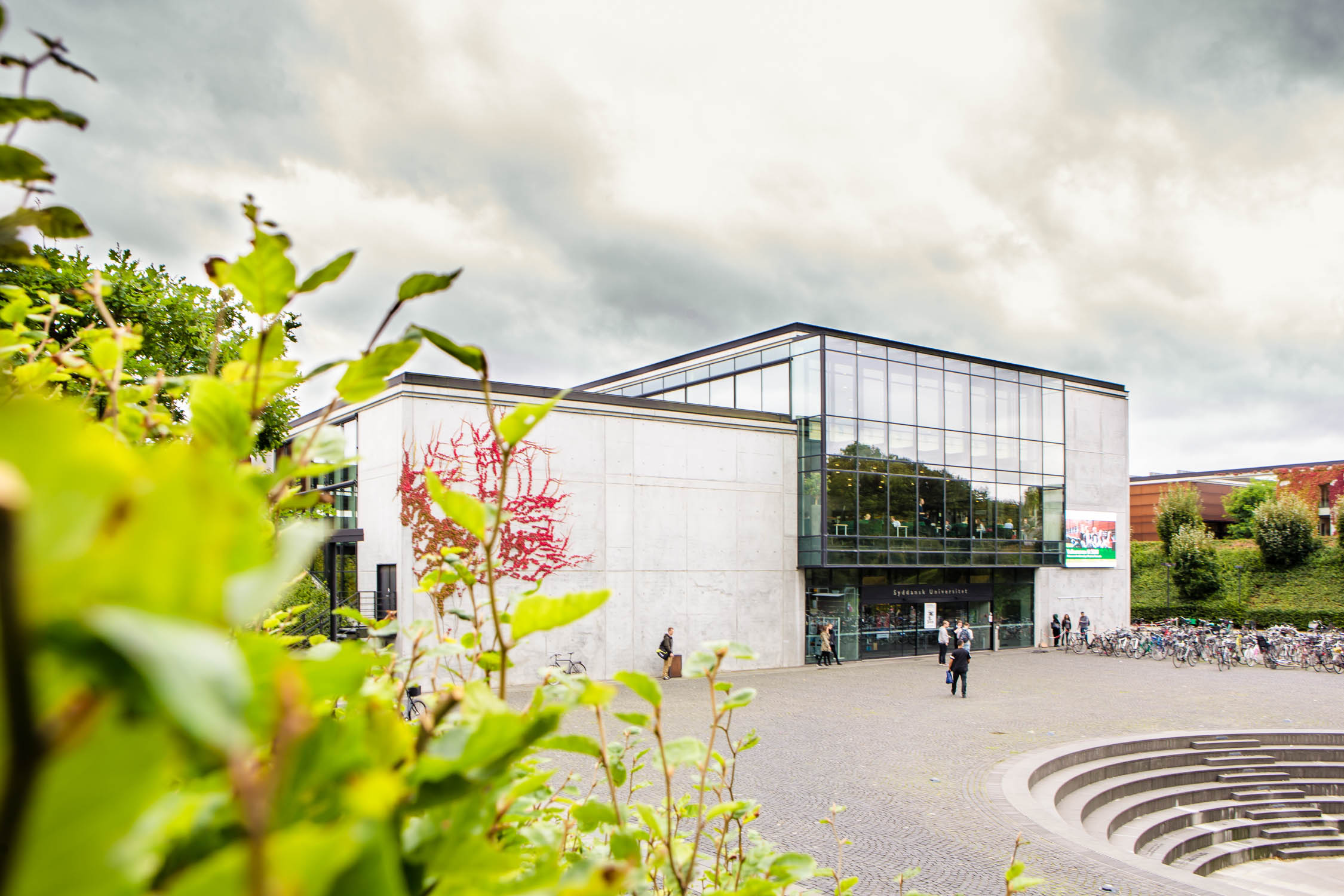Danish researchers from DTU and the University of Copenhagen have just completed a three-year project that aimed to identify bioactive phenolic compounds found in berry species around the world and produce them commercially to help prevent and cure diseases such as Alzheimer’s, cancer, heart disease and inflammation.
Fruits such as strawberries, blueberries, goji berries and other berries have long been known for having beneficial effects on health, but people would have to eat large daily quantities in order to get enough of the nutritious compounds.
Additionally, satisfying the demand would require enormous plots of agricultural land, explained Alexey Dudnik, a postdoc at DTU Biosustain who is the scientific co-ordinator of the project.
The EU-funded BacHBerry project accordingly focused on getting the beneficial substances to the consumer in the form of a pill or a supplement by producing them on a large scale in bacterial cell factories.
The researchers focused, for instance, on the bacterial production of the polyfenolen fisetine found in strawberries, which is known to reduce the risk of developing Alzheimer’s.
Dudnik told DTU that if a patient were to get enough fisetin by eating fresh fruits, he would have to eat about 39 large strawberries every day.
READ MORE: Dementia in Denmark: looking for solutions to a growing problem
Wide spectrum of phenolic molecules
All in all, the researchers analysed polyphenols in 113 berry species from countries around the world including Scotland, Portugal, Russia, China and Chile.
Out of these, they selected 28 berries (including species of raspberries, gooseberries and blackberries), which had the widest spectrum of different phenolic molecules and tested them on special yeast cells designed to mimic human diseases such as Alzheimer’s, Huntington’s, multiple sclerosis, type 2 diabetes, inflammation and cancer.
Afterwards, they identified genes that control the production of these beneficial molecules in the cell and applied the knowledge to develop bacteria, which can produce large amounts of high-value phenolics for commercial purposes.











